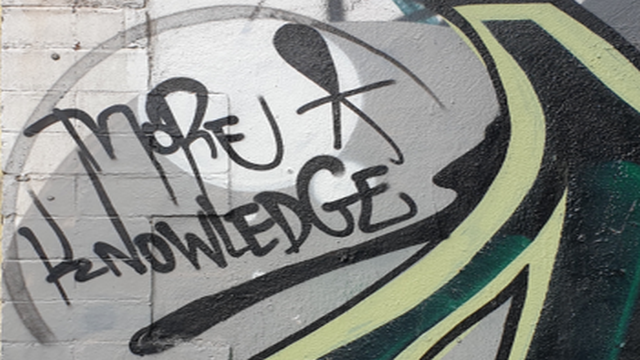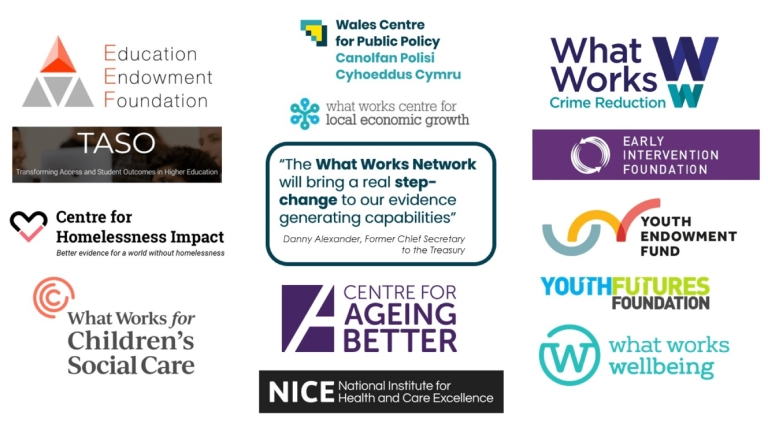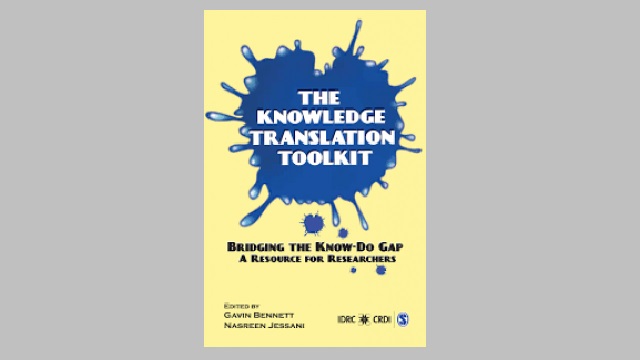
Knowledge brokering for policy: What do we know?
By Eleanor MacKillop, Sarah Quarmby, and James Downe. Originally published on the Policy & Politics Journal Blog.
If only policy could be better informed by evidence, it would be more efficient, effective and deliver better outcomes. That belief is the premise for most of the current research into what is called ‘knowledge brokering’ – linking research to policy and practice. It’s also what has led governments worldwide into investing significant resources into bridging the evidence-policy ‘gap,’ such as What Works Centres in the UK, Productivity Commissions in Australia and New Zealand, or the What Works Clearinghouse in the United States. Unfortunately, the existing literature isn’t clear about what knowledge brokering is, and whether it works.
In our recent article published in Policy & Politics1, we aimed to find out what people mean when they talk about knowledge brokering in academic literature, and what types of knowledge brokering practices exist. Crucially, we wanted to analyse whether knowledge brokering ‘works’, i.e. does it improve policy and practice?
Our desire to answer these questions is not purely academic. We work within a knowledge broker ourselves – the Wales Centre for Public Policy (www.wcpp.org.uk) – which works with policymakers in Wales to provide them with independent and authoritative evidence to improve policy-making and outcomes. We were curious to understand what we could learn to improve our day-to-day practice.
So, what did we find? We collected over 3,000 published articles on knowledge brokering and reviewed 75 of them in detail. Many of these sources tended to focus on similar points, such as identifying ‘how to’ models of doing knowledge brokering which could be applied without consideration of the particular context. These are often problematic when applied to specific contexts because they are formulated in isolation from the real world and its politics. Another trend we found was proposing recommendations that were little more than common sense – e.g. don’t use jargon, relationships are important – and so were of little value.

We found six main limitations in the literature:
- Multiple definitions of knowledge brokering: as is often the case with a popular concept, authors want to attach different meanings to it and link their own interests to that term, rendering it ambiguous at best and meaningless at worst.
- Lack of theory and empirical analysis: many sources fail to develop a robust theoretical or methodological basis. Furthermore, the data collected tend to either be wide-ranging surveys or anecdotal evidence from personal experience, neither of which are sufficient to understand a topic such as brokering.
- Neglect of knowledge brokering organisations: even though more and more knowledge brokering organisations are being established, usually with government funding, the literature focuses overwhelmingly on individuals doing brokering.
- Insufficient research on knowledge brokering in social policy: the majority of studies focused on health and the environment, leaving fields where evidence and solutions are often contested such as social policy (e.g. welfare, education, crime) underexplored.
- Limited analysis of impact and effectiveness: despite the intention of producing better policy and practice, the literature was lacking evaluation of its models and recommendations.
- Lack of attention to the role played by politics: power, conflict and negotiation were often minimised or ignored. Policy and practice doesn’t happen in a vacuum and politics is a crucial factor in determining how and what knowledge informs policy and practice.
On the plus side, we found some innovative examples of knowledge brokering, including rich case studies often involving action research. Highlights include this research2 which discusses the activities and impact of a Dutch knowledge brokering organisation and Campbell et al.’s3 proposal of a structured reflection event which brings together knowledge brokers, policy-makers and funders, which could also be useful for measuring impact and effectiveness.
In general, there is space for more critical research into knowledge brokering. The typical knowledge brokering image of the policy process is naïve and idealistic – positing research evidence as a necessary part of the policy-making process. Policy-making is complex, involving a multiplicity of stakeholders and interests. Research evidence competes with political agendas, electoral tactics, the political cycle, other stakeholders’ interests, technical, bureaucratic and political feasibility, costs and gripping stories.
Huge resources are being invested into knowledge brokering so it is important to know what we mean by it, how it is being applied and whether it works. Our review has been a step in that direction and shows where more work is needed – examining in-depth how and why brokering is being used in policy and with what outcomes.


Article source: Policy & Politics Journal Blog
Header image source: Author’s own.
References:
- MacKillop, E., Quarmby, S., & Downe, J. (2019). Does knowledge brokering facilitate evidence-based policy? A review of existing knowledge and an agenda for future research. Policy & Politics. DOI: https://doi.org/10.1332/030557319X15740848311069 ↩
- Hoeijmakers, M., Harting, J., & Jansen, M. (2013). Academic Collaborative Centre Limburg: A platform for knowledge transfer and exchange in public health policy, research and practice?. Health Policy, 111(2), 175-183. ↩
- Campbell, C. A., Lefroy, E. C., Caddy-Retalic, S., Bax, N., Doherty, P. J., Douglas, M. M., … & West, J. (2015). Designing environmental research for impact. Science of the Total Environment, 534, 4-13. ↩






